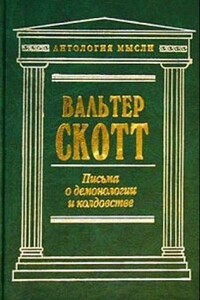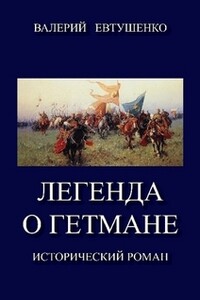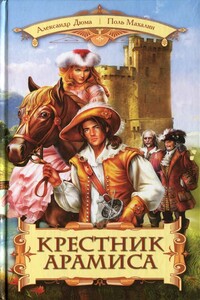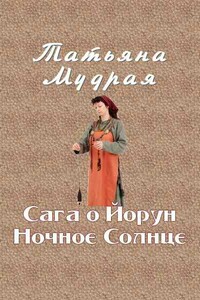| Still, however, the necessary intercourse between the lords of the soil, and those oppressed inferior beings by whom that soil was cultivated, occasioned the gradual formation of a dialect, compounded betwixt the French and the Anglo-Saxon, in which they could render themselves mutually intelligible to each other; and from this necessity arose by degrees the structure of our present English language, in which the speech of the victors and the vanquished have been so happily blended together; and which has since been so richly improved by importations from the classical languages, and from those spoken by the southern nations of Europe. | Однако необходимость общения между землевладельцами и порабощенным народом, который обрабатывал их землю, послужила основанием для постепенного образования наречия из смеси французского языка с англосаксонским, говоря на котором, они могли понимать друг друга. Так мало-помалу возник английский язык настоящего времени, заключающий в себе счастливое смешение языка победителей с наречием побежденных и с тех пор столь обогатившийся заимствованиями из классических и так называемых южноевропейских языков. |
| This state of things I have thought it necessary to premise for the information of the general reader, who might be apt to forget, that, although no great historical events, such as war or insurrection, mark the existence of the Anglo-Saxons as a separate people subsequent to the reign of William the Second; yet the great national distinctions betwixt them and their conquerors, the recollection of what they had formerly been, and to what they were now reduced, continued down to the reign of Edward the Third, to keep open the wounds which the Conquest had inflicted, and to maintain a line of separation betwixt the descendants of the victor Normans and the vanquished Saxons. |





